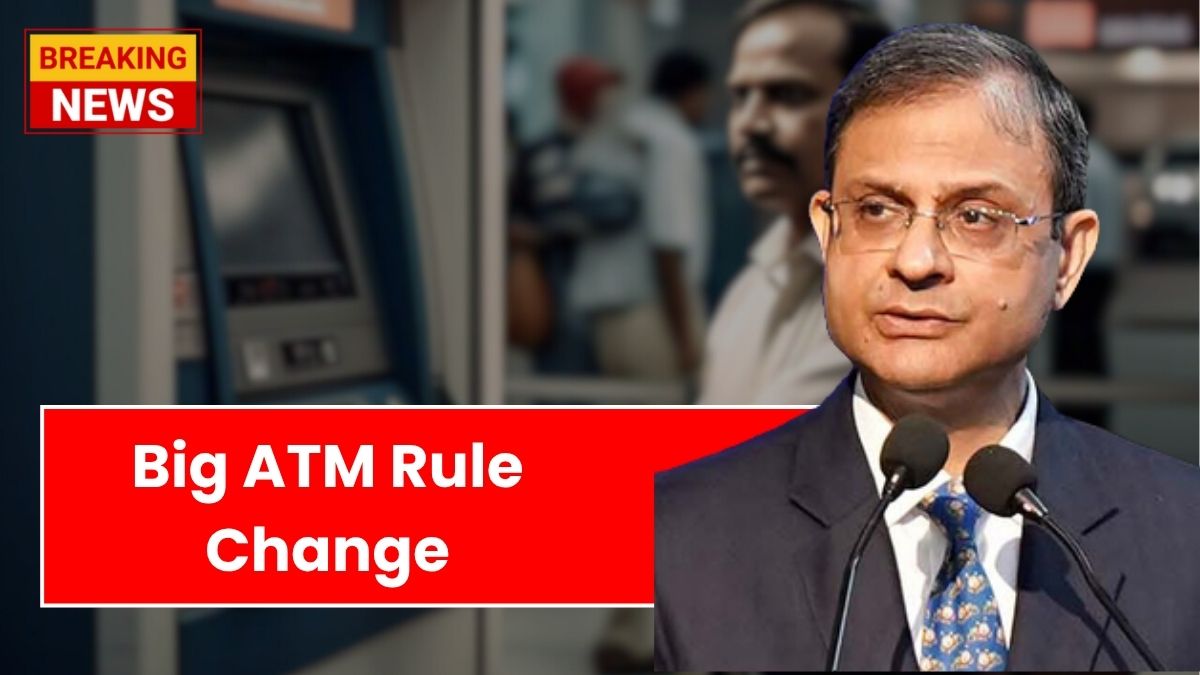New Property Rule – Big changes are coming to the real estate world from July 1. If you’re a landlord and you’re planning to rent out your property, make sure your rental agreement has a digital stamp. Otherwise, you could end up paying a fine of ₹5,000. This new rule is part of the government’s move to bring more transparency and security into property deals and simplify the whole rental process.
What’s Changing with This Rule
Until now, rental agreements in India were mostly done on paper, sometimes even without any proper registration or stamp. This often led to confusion, disputes, and even fraud. The new rule makes it mandatory to use a digital stamp for all rental agreements starting July 1. The aim is to cut down paperwork, make agreements legally stronger, and ensure everything is officially recorded. If a landlord skips this, they’ll be fined ₹5,000.
Why Digital Stamping is a Big Deal
Digital stamping isn’t just another formal step—it’s a major improvement. It means the rental agreement is securely stored online, can be verified easily, and leaves no space for tampering or fake documents. It also matches perfectly with the Digital India initiative, where the government is trying to digitize important systems across the country. In short, this is about bringing rental deals into the modern age.
Benefits for Everyone
Digital stamping has a lot of benefits. First, it’s easier and faster—you don’t have to stand in long queues at government offices. Second, it helps avoid fraud since everything is trackable and secured with technology. Third, it ensures both landlords and tenants are legally protected. Even in case of a dispute, having a digitally stamped agreement makes it easier to prove things. So, while it may seem like a hassle in the beginning, it actually makes renting smoother and safer.
How This Affects Landlords and Tenants
This rule is not just for landlords—it affects tenants too. Landlords will have to learn the digital process, which might seem confusing at first. But once they get used to it, it saves time and effort. Tenants, on the other hand, get a stronger legal backing. Their agreement will be official, clear, and protected. There’s less chance of landlords changing terms randomly or doing anything off the record. This move is about making the whole rental journey fairer for both sides.
Old vs. New: A Quick Comparison
In the traditional way, you had to do everything manually. It was time-consuming, not always secure, and you often needed to physically visit offices. Now with digital stamping, the whole thing can be done online—faster, safer, and more eco-friendly. Plus, the digital record is always available if you need it, and it’s harder to lose or damage.
यह भी पढ़े:
 7th Pay Commission Update: Bigger DA, Better Days for Central Workers – Here’s What to Expect
7th Pay Commission Update: Bigger DA, Better Days for Central Workers – Here’s What to Expect
How to Follow the New Rule
To stay on the right side of the law, landlords should start by checking out official online platforms that offer digital stamping services. These platforms will guide you through creating a rental agreement and stamping it digitally. Make sure you have all the required documents ready and follow the steps carefully. After July 1, don’t risk using an unstamped agreement—it’s not worth the ₹5,000 penalty. If you’re unsure, it’s best to talk to a legal advisor or someone familiar with property laws.
People’s Concerns and the Reality
Many people worry about shifting to a digital system. They think it’s too technical or expensive. But the government and related platforms are working to make the process user-friendly. Tutorials, guides, and support systems are available to help people through it. Costs are kept standard, and platforms use strong security features to protect your data. Yes, it might take a little time to understand everything, but it’s really not as difficult as it seems.
Looking Ahead: What This Could Lead To
This change might just be the beginning. With digital stamping in place, we might soon see other property processes go online too—like property transfers, registrations, and tax payments. It could attract more investments in real estate because of better legal safety and open up more possibilities for the digital property market. India is moving fast toward a tech-driven property system, and this rule is a clear step in that direction.
Getting Ready for a Digital Real Estate World
Change isn’t always easy, but this one is necessary. The real estate sector is long overdue for modernization. By shifting to digital stamps, the government is building a system that’s faster, cleaner, and safer. For landlords and tenants, this is a wake-up call to learn the new process and adapt. Whether you’re managing a single property or multiple ones, going digital will save you time and protect your rights. Get ready to leave the paperwork behind and embrace the new way of renting.
Disclaimer
The information provided in this article is based on current regulations and public announcements as of June 2025. For any specific queries or legal advice regarding rental agreements, digital stamping, or real estate compliance, it is recommended to consult a qualified legal professional or authorized government portal.












